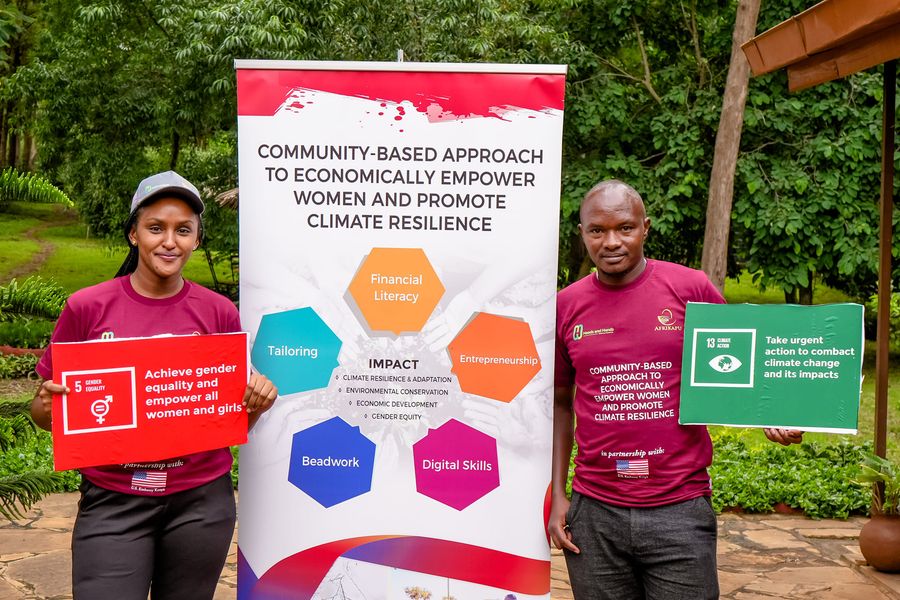Water & Sanitation
Access to safe and clean water is a big challenge in Maasai community which has found itself living in arid and semi-arid areas neglected from modern essential services.
The responsibility to provide water in the community rests with women who suffer a lot by walking long distances in search of water. They risk their lives in dangerous places and wells infested by snakes and crocodiles. This has contributed to school dropouts as a gild child cannot be allowed to attend school before she brings water home.
Lack of sanitation facilities is common in most households as the traditional culture see it as a taboo to use pit latrines. As people live in community homesteads called Manyattas, one may be ostracized from the community when he or she brings an idea of having pit latrines within the community.
Water and Sanitation Challenges
However, with the influence of modern lifestyle, those who have established private homesteads have started using pit latrines, something which the community is adopting at but a low pace.
Lack of safe and clean water as well as poor sanitation has contributed water-borne diseases especially among the infants as earlier discussed in relation to Community Health and Nutrition. Infant mortality rate from water-borne diseases is high among Maasai communities. It is among our priorities to help the community comes out of this problem.
As a long-lasting solution towards this, we mobilize for the support of county and national governments, philanthropic organizations and individuals to help the community to buy and install community water tanks for preserving rain water. We also call for well wishers to support towards construction of water dams for animals and drill bore holes or provide piped water to the deprived communities.

